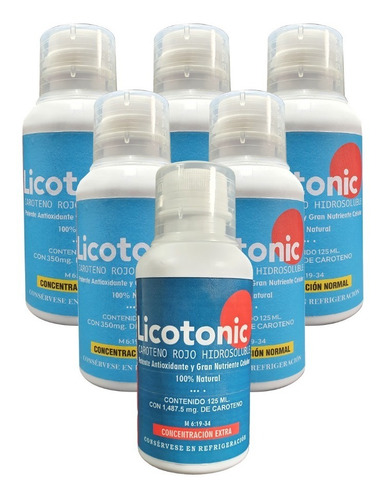The new proverb of the century has been a glass of watermelon squeeze a day fends the specialist off. Profoundly challenged of being a vegetable rather than an organic product, watermelon is exceptionally nutritious and stuffed brimming with a phytochemical, lycopene. Solid steady information from a few investigations recommends that lycopene gives significant security against cardiovascular infections and disease. Envision eating a fresh, delicious cut of watermelon on a blistering summer day and getting incredible medical advantages simultaneously. It is one of a handful of the food sources that contain lycopene in huge sums. Other great wellsprings of lycopene incorporate tomatoes, red and pink grapefruit, and guava.
Cardiovascular illnesses and malignant growth is the fundamental driver of mortality in many created countries. An inadequacy of nutrient A can prompt night visual deficiency and exophthalmia, an eye sickness tracked down essentially in kids. Impressive proof proposes that watermelon is perhaps the most extravagant wellspring of lycopene, nutrient A, B6 and nutrient C. Lycopene is caroteno rojo hidrosoluble without provitamin a movement found in high fixations in a little arrangement of plant food sources. It has huge cell reinforcement potential in vitro and may assume a part in forestalling prostate malignant growth and cardiovascular illness in people.

Epidemiological investigations have shown a converse relationship between dietary admission of lycopene and prostate malignant growth hazard. A clinical preliminary led to explore the natural and clinical impacts of lycopene supplementation in patients with confined prostate malignant growth proposes that that 30 mg of lycopene taken every day for a long time might be adequate to tweak prostate disease. In spite of the fact that it is not viewed as a fundamental supplement, expanded lycopene admission has been related with decreased dangers of specific malignant growths including prostate malignant growth and for cardiovascular sickness. Lycopene is a fat-dissolvable phytochemical that stays in the body for a long time and has a cholesterol union restraining impact and improves LDL debasement to decrease the danger of cardio-vascular sicknesses.
Lycopene is comparative in construction to the more concentrated on b-carotene, yet does not have provitamin a movement. Lycopene is the fat-solvent shade that gives tomatoes, guava, pink grapefruit, watermelon, and a set number of other normal food varieties their red tone. Not many Americans really devour the suggested nine products of the soil a day suggested and supported by USDA’s new Food Guide. Assuming they can devour five to six servings that were more moved in sickness preventive supplements and phytochemical, it might actually bring about a further developed wellbeing and decreased dangers from constant infections.
Studies uncover that lycopene from tomato items shows up more promptly available for use and that is just the beginning so assuming the tomato is warmed and in case a wellspring of fat is remembered for the dinner. This has prompted the exploration of different insights about bioavailability, digestion and atomic components of lycopene organic exercises. In addition, there lies the danger of over utilization, as individuals for the most part will generally go after the enhancement bottle rather than the regular item. In such terms, watermelons have a superior asset offering comparable groupings of lycopene with expanded bioavailability.